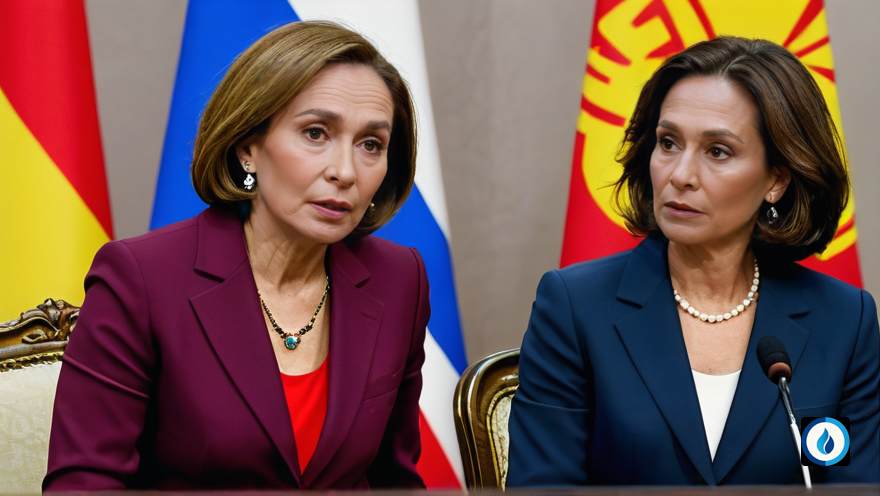A Call to Prepare
In a week marked by warnings, Pedro Sánchez’s voice rang with urgency when referring to the need for greater investment in defense at the European level, in the face of the growing ‘Russian belligerence’. A call that reflects an inescapable reality: the importance of being prepared.
Defense Minister Margarita Robles shared similar concerns weeks ago, noting a ‘total and absolute threat’ of a possible attack. This concern is not unfounded, given Vladimir Putin’s pronouncements, which hint at a gloomy scenario of global confrontation.
In this context, consultations with the Ministries of Health and Defense reveal a search for strategies to address possible health crises derived from conflicts. Preparation stands as a fundamental bastion in both military and health defense.
Awareness and Action
Robles emphasizes the need for Europe to recognize the proximity of danger, with situations such as instability in Gaza and the Sahel adding complexity to the global picture. In the Senate, he reiterates that the Armed Forces and Military Health are constantly prepared to face crises and emergencies.
The preparation is not just theoretical; It translates into practices aimed at responding to the most demanding situations and with patients of specific types, such as those that could arise in health crises derived from conflicts.
Guaranteeing Health Protection
The question arises about the preparedness of military healthcare professionals and Defense hospitals. The Ministry of Defense assures that both the facilities and the personnel are trained and prepared to intervene in cases of crisis, maintaining that hospitals are facilities protected by International Humanitarian Law.
The importance of protecting these health centers lies in their vital function during armed conflicts, and Spain complies with the DHI requirements to guarantee their safety.
Resilience in the face of health emergencies
The Ministry of Health recalls the measures adopted during the public health emergency due to Covid-19, highlighting the creation of a National Strategic Reserve of health materials. This reserve, managed by the National Health Management Institute, focuses on anticipating future health emergencies.
A multidisciplinary group works on the identification of priority medicines and material for the reserve, as well as on stock management models. Resilience is built by anticipating needs and strengthening the ability to respond to unexpected challenges.
In conclusion, preparedness and resilience are crucial pillars in defending health in a world marked by global threats. From the military to the health field, anticipation and proactive action are essential to protect the population and guarantee security in times of uncertainty.
It is important to note that the statements and data mentioned come from official sources and health professionals. If you have any concerns related to your health, it is recommended to consult with a specialist.
